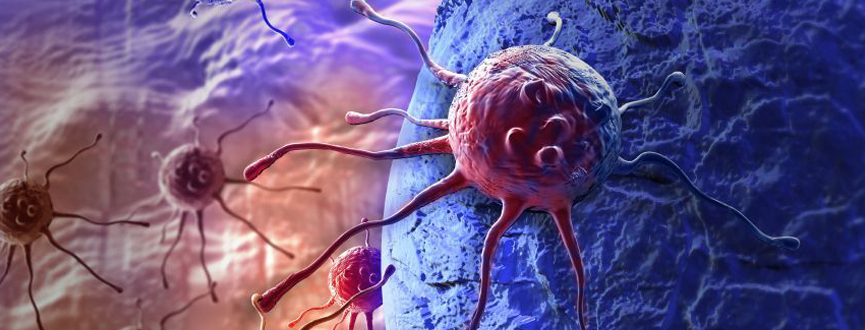Surface Malignacy Center (HIPC)

Intraperitoneal hyperthermic chemoperfusion (IPHC) is a type of hyperthermia therapy used in combination with surgery in the treatment of advanced abdominal cancers. In this procedure, warmed anti-cancer drugs are infused and circulated in the peritoneal cavity (abdomen) for a short period of time. The chemotherapeutic agents generally infused during IPHC are mitomycin-C and cisplatin.IPHC is also called hyperthermic intraperitoneal chemotherapy (HIPEC), intra-abdominal hyperthermic chemoperfusion, intraoperative chemohyperthermic peritoneal perfusion (CHPP), or the Sugarbaker technique, after Paul Sugarbaker, developer and advocate of this procedure. At Neuro Spinal Cancer Center we have a team of specialized doctors who perform this procedure; we are the only Center in the Middle East & North Africa (MENA) to perform such high-quality procedures other than Riyadh, KSA. Multidisciplinary approach in handling case by case and best options in management and results

The procedure is divided into three stages:
- Exploration: Here the surgeon will open the abdomen to evaluate the peritoneal cancer.
- Debulking: In the debulking, or cytoreduction, phase of the procedure the surgeon will remove the visible tumor implants. However, even when all of the visible tumor is removed it is possible for microscopic cancer cells to still remain. The final stage of the procedure is meant to eliminate those cells.
- Chemoperfusion: Here the abdominal cavity is rinsed with a heated chemotherapy solution. Unlike systemic chemotherapy that is delivered in the bloodstream, throughout the whole body, the chemotherapy in the HIPEC procedure is largely isolated in the peritoneal cavity. Therefore, a much higher concentration of chemotherapy can be utilized, while the toxicity and side effects associated with systemic chemotherapy are minimized.
Points of Interest to Patients
- Peritoneal carcinomatosis
- Pseudomyxoma Peritonea
- Mucinous Adenocarcinoma of Appendix
- CRC and local infiltration
- Mesothelioma
- Pleural mesothelioma
- Gastric carcinomatosis
- HIPEC, CRS
- Hyperthermic chemotherapy
- DE bulking surgery
- Clinical trials
- Low-Grade Sarcoma
- Ovarian carcinomatosis
- MDT
- Intraoperative Ultrasound
- Genomic profiling
- Best results
- Center of Excellence
- Peritonectomy
- Chemotherapy infusion
- Staged procedure
- Adhesiolysis
- Risk and complications
Pictures of Recently Performed Surgeries
Please click on the text to view:
- Appendix tumor in peritoneal surface malignancy.
- Cleaning the peritoneal implant after Hipec therapy for colon cancer metastasis.
- Peritoneal carcinomatosis in gastric cancer prior to neoadjuvent treatment for HIPC therapy (2).
- Peritoneal carcinomatosis in gastric cancer prior to neoadjuvent treatment for HIPC therapy (3).
- Peritoneal carcinomatosis in gastric cancer prior to neoadjuvent treatment for HIPC therapy.
Copyright ©2024 all rights reserved
Designed by Cancercarespecialties
